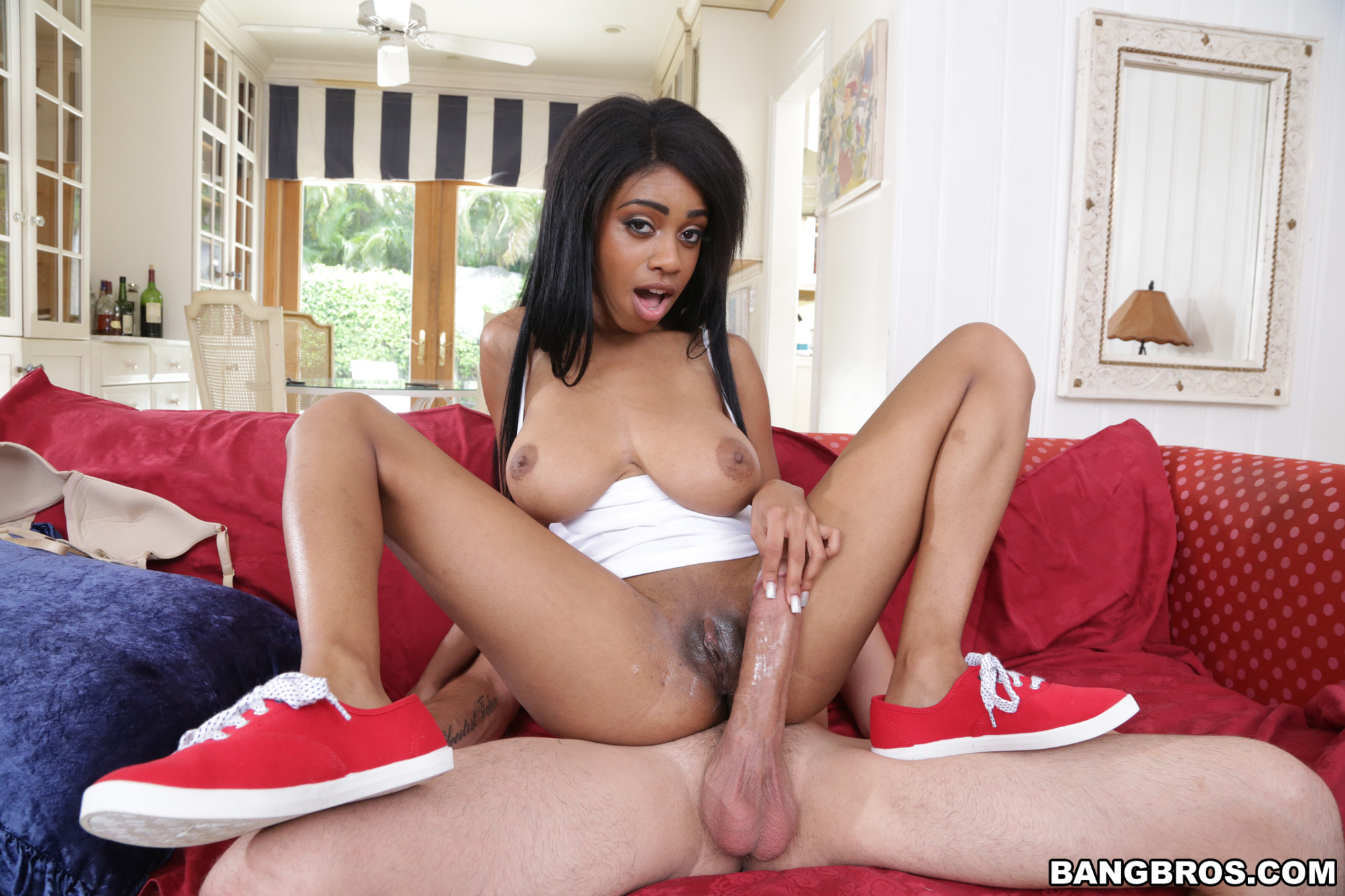- For Orders 812-070-3692
- donations@example.org
- Monday to Friday 9am to 5pm

Erotic literature, often categorized as +18 stories or erotic novels, has been a part of human culture for centuries. From the ancient Greek text “The Golden Ass” to modern-day bestsellers like “Fifty Shades of Grey,” these works have captivated readers and sparked debate about their impact on society and individuals.
At its core, erotic literature is a form of storytelling that explores sexual desire and fantasies. It can serve as a safe and private space for individuals to explore their own sexuality and desires, free from judgment or stigma. For some, it can also be a source of education and personal growth, providing insight into different perspectives and experiences.
However, like any form of media, it’s important to approach erotic literature with a critical eye. It can perpetuate harmful adult content stereotypes and ideas about sex and relationships if not written responsibly. It’s crucial for readers to seek out diverse voices and perspectives in their reading choices to avoid falling into a narrow view of sexuality.
One of the main criticisms of erotic literature is its potential to desensitize readers to sexual violence and coercion. Some argue that the graphic and often violent nature of certain erotic stories can normalize and even glamorize harmful behaviors. However, others argue that these stories can serve as a way to explore and process difficult emotions and experiences in a safe and controlled environment.
Another criticism is the lack of representation in erotic literature. The genre has historically been dominated by white, heterosexual, cisgender voices, leaving little room for marginalized communities to tell their own stories. This lack of representation can lead to a narrow and inaccurate portrayal of sexuality and can perpetuate harmful stereotypes.
Despite these criticisms, the popularity of erotic literature continues to grow. With the rise of self-publishing and e-books, more voices than ever before have the opportunity to share their stories and perspectives. This democratization of the genre has the potential to bring about a more diverse and inclusive representation of sexuality in erotic literature.
It’s important to note that while erotic literature can be a valuable tool for personal exploration and growth, it should never replace open and honest communication in real-life relationships. It’s crucial to have open and honest conversations about sexual desires and boundaries with partners.
In conclusion, erotic literature has the potential to both positively and negatively impact individuals and society. It can serve as a safe space for exploration and education, but it can also perpetuate harmful stereotypes and ideas about sex and relationships. As with any form of media, it’s important to approach erotic literature with a critical eye and seek out diverse voices and perspectives.
